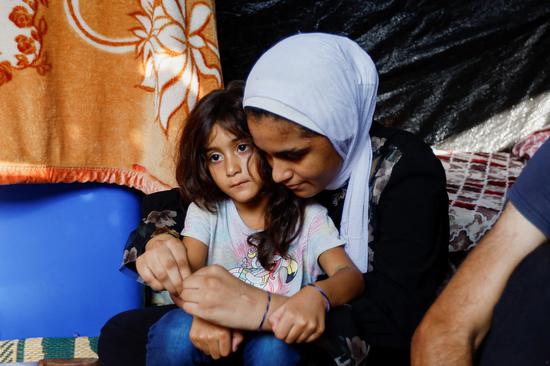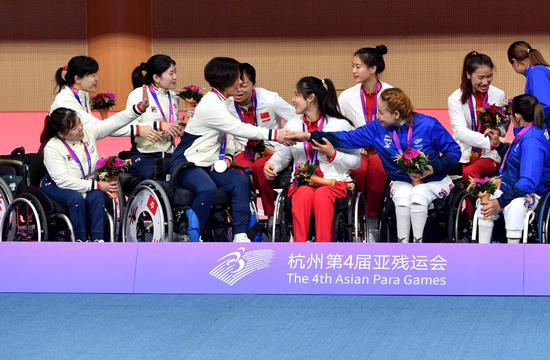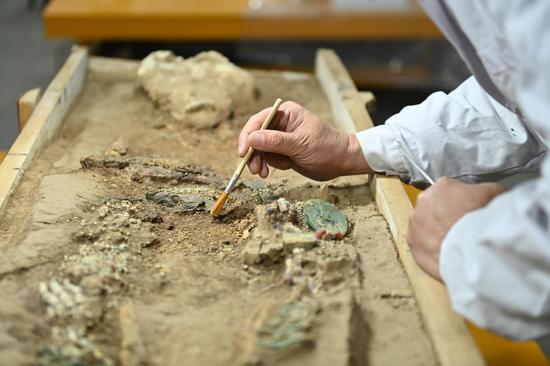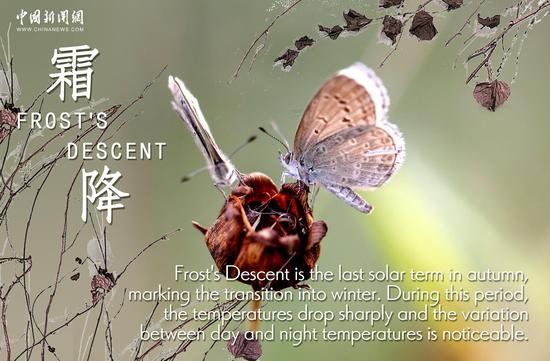Some of the health services with assisted reproductive technologies, such as test-tube babies, will be covered by medical insurance starting from November 1 in Guangxi Zhuang Autonomous Region in South China, the local autonomous medical insurance bureau announced recently.
According to the notice released by the local medical insurance bureau, human resources and social security department and health commission, some of the medical services of therapeutic assisted reproduction technologies, such as egg retrieval and embryo transplantation (IVF-ET) and artificial insemination, will be covered by the basic medical insurance and work injury insurance fund.
It is the latest move to implement the spirit of the decision of the Communist Party of China (CPC) Central Committee and the State Council on optimizing the childbirth policy and promoting long-term and balanced population development, and actively support policies to encourage child birth.
According to the regulation which will take effect on November 1, 2023, the egg retrieval therapy -- priced at 2,400 yuan ($328) for each surgery -- will be paid by the medical insurance fund for twice at most for each insured person, while the embryo culture -- priced at 4,200 yuan -- will also be paid for twice at most for each insured person.
Apart from Guangxi, multiple places across China including Beijing and Northeast China’s Liaoning Province have already covered some eligible medical services related to assisted reproductive technology in the payment scope of basic medical insurance.
On the day the new policy was enacted on July 1, the number of outpatients at the reproductive centers at the Beijing’s hospitals increased by nearly 30 percent, according to a report by the 21st Century Business Herald.
The provincial medical insurance bureau in Southwest China’s Sichuan Province also said that it will improve the management of basic medical service items and incorporate eligible assisted reproductive technology-related medical service items into the scope of basic medical insurance coverage in accordance with the procedures.
The latest data on national reproductive health showed that the incidence of infertility from 2007 to 2020 has increased from 12 percent to 18 percent, according to media reports.
China has witnessed rapid development on assisted reproduction technologies in recent years with the annual number of children born under the help of related technologies now exceeding 300,000 every year, accounting for 3 percent of the total number of newborns, according to a research report released by Beijing-based YuWa Population Research Institute.
Data released in the YuWa Population Research Institute report showed that the number of newborns could be increased by 151,000, 302,000 and 453,000 in 2030 in China if the governments offer 20 percent, 50 percent and 80 percent of subsidies for a single cycle respectively.


















































 京公网安备 11010202009201号
京公网安备 11010202009201号